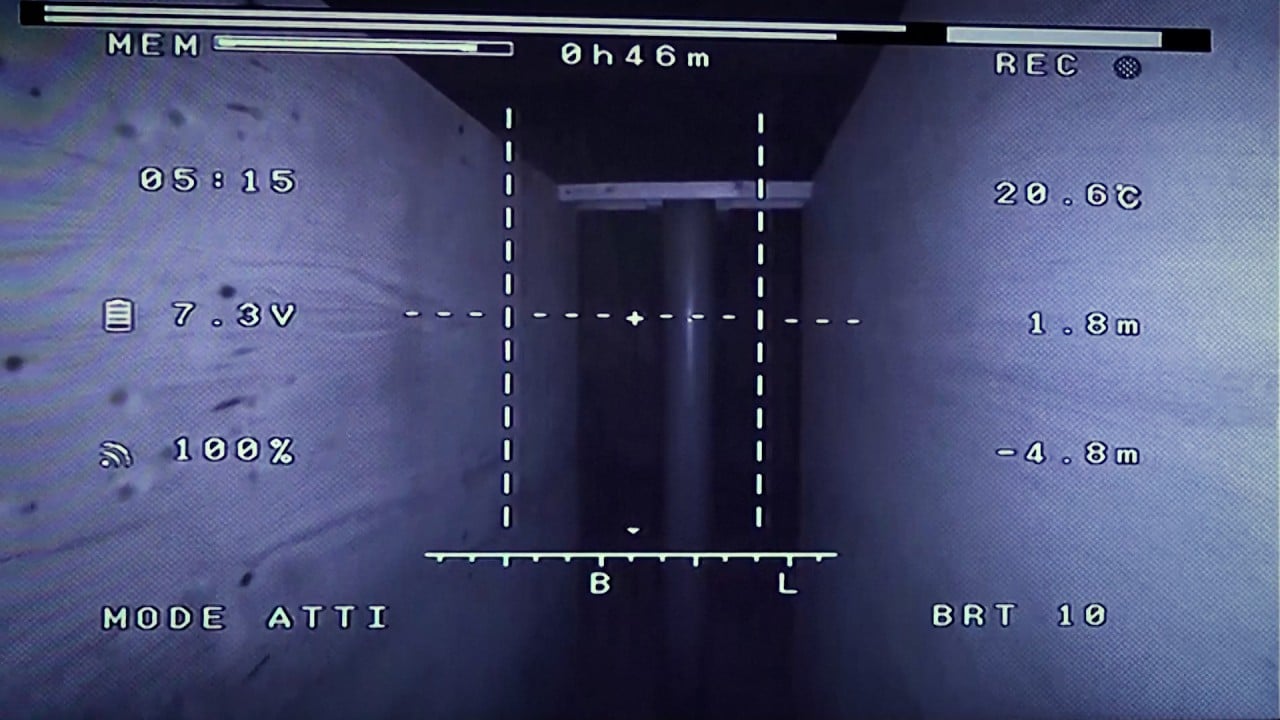
China to host global nuclear safety conference – but row over Fukushima nuclear waste water will not be on agenda
- The controversial release of water from the nuclear plant does not fall within the scope of the conference, according to the International Atomic Energy Agency
- Beijing has strongly protested about the Fukushima discharge, but the IAEA has backed the plan, saying it meets scientific standards
“China, which operates and builds many nuclear power plants, offered to host this event,” the IAEA said, adding that it “holds conferences in various member states”.
It had previously said the main focus will be on how nuclear plant operators and owners can improve safety at their plants.
While the conference would “highlight enhancements in operational safety management at all stages of nuclear power plant operations”, it added: “The specific topic of the release of treated water from Fukushima Daiichi nuclear power plant is not within the scope of this conference.”
The Chinese Ministry of Foreign Affairs did not respond to queries about why the topic would not be addressed.
China has been vocal in its criticisms of Japan’s plan to release batches of treated contaminated waste water, which accumulated after the plant was struck by a devastating tsunami in 2011 and went into meltdown. It has also banned all Japanese seafood imports citing safety concerns.
However, the IAEA has approved the plan, saying it is consistent with scientific standards. Last week its director general Rafael Grossi posted on X, formerly Twitter, that the agency would maintain a presence at the plant until the last drop of water was released.
The IAEA said the director general and deputy director general for nuclear safety and security “may participate in the conference”.
Grossi has been subjected to repeated attacks by nationalistic commentators on Chinese social media, many of whom pointed out that the Argentinian career diplomat does not have a scientific background.
However, the IAEA has traditionally been headed by diplomats and politicians, including high-profile figures such as former United Nations weapons inspector Hans Blix and Mohamed ElBaradei, who later served as Egypt’s interim vice-president.
The agency was also accused on Chinese social media of accepting “hush money” or “bribes” from Japan following South Korean media reports last year that staff from the IAEA had accepted a €1 million (US$1.1 million) “political donation” from Japan.
Those reports also said the IAEA’s report on the plan to release the waste water had been edited by the Japanese side before its release in July.
The Japanese foreign ministry said it was “absolutely untrue” that a political donation had been made or that the results of the IAEA’s report were “fixed”. The IAEA, which has not commented on the reports, relies on contributions from member nations, including Japan and China, to operate.
When Grossi visited Japan last week the government said it would provide the IAEA with a further €18.5 million to support its activities.
UN nuclear chief visits Japan to examine Fukushima waste water release
The China Nuclear Energy Association, which is hosting next month’s conference, said it would “contribute China’s strength to the development of global nuclear power safety”.
Around 200 participants from more than 30 countries are expected to attend the conference. Following the conference, some participants will visit the China Institute of Atomic Energy in Beijing – home to the China Experimental Fast Reactor, a major research facility.
Anna Bradford, director of the IAEA’s nuclear installation safety division, said: “It is indispensable that operational safety at nuclear installations is maintained at a high level, to protect people and the environment. This conference will help enable all of us to do that.”


